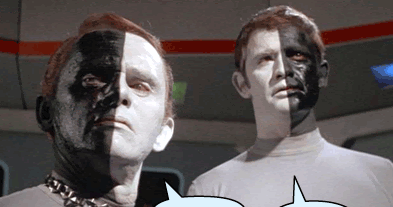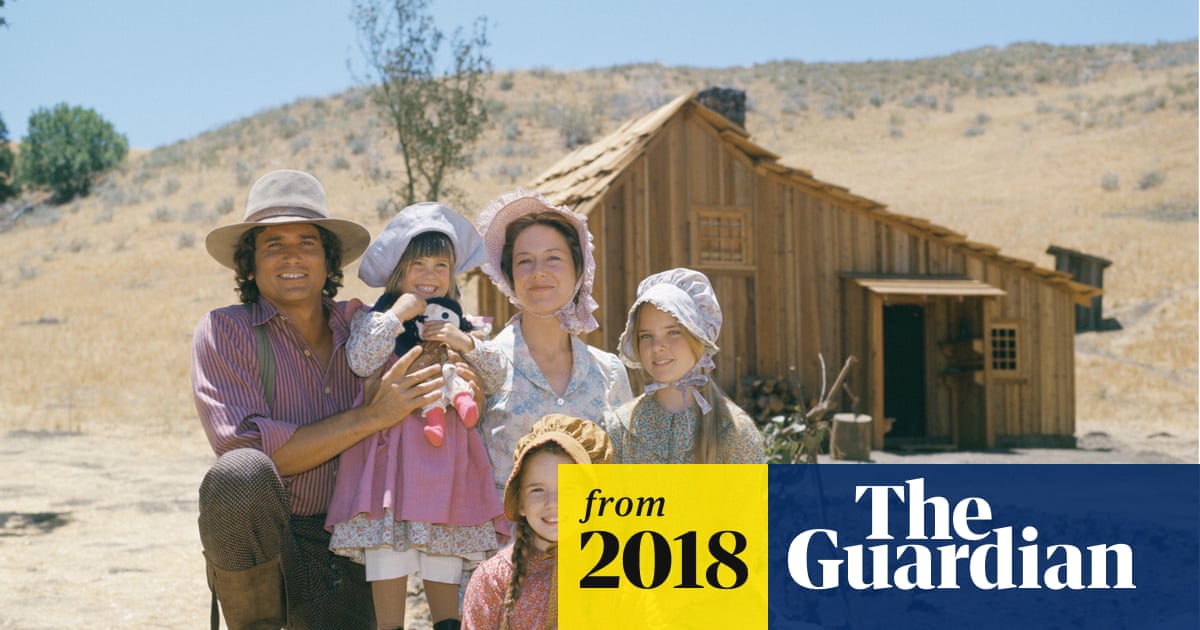@EJDeBrun and I have had a great discussion on PM tonight around my new work which presents very unpalatable views on immigration even from the characters supposedly accepting of such things (basically they take the them/us view and equate this - partially not totally, but this isn’t clear from the opening - to colour.)
Now this novel is funded and I said I’d explore views on migration in it as part of that application - which does involve challenging the me-and-mine-centric views on migration. But that includes showing it.
I don’t plan any great epiphany on anyone’s part about migration - this is a more personal take about personal safety and survival - but there will be an acceptance of sorts about parity of esteem.
Where do we all sit on this. Should we try to be more PC and avoid characters who embrace challenging views - without always showing them as bad people - or should we challenge by embracing those views and challenging less obviously? Or should characters with less edifying views always be converted or get their comeuppance or epiphany?
Now this novel is funded and I said I’d explore views on migration in it as part of that application - which does involve challenging the me-and-mine-centric views on migration. But that includes showing it.
I don’t plan any great epiphany on anyone’s part about migration - this is a more personal take about personal safety and survival - but there will be an acceptance of sorts about parity of esteem.
Where do we all sit on this. Should we try to be more PC and avoid characters who embrace challenging views - without always showing them as bad people - or should we challenge by embracing those views and challenging less obviously? Or should characters with less edifying views always be converted or get their comeuppance or epiphany?



